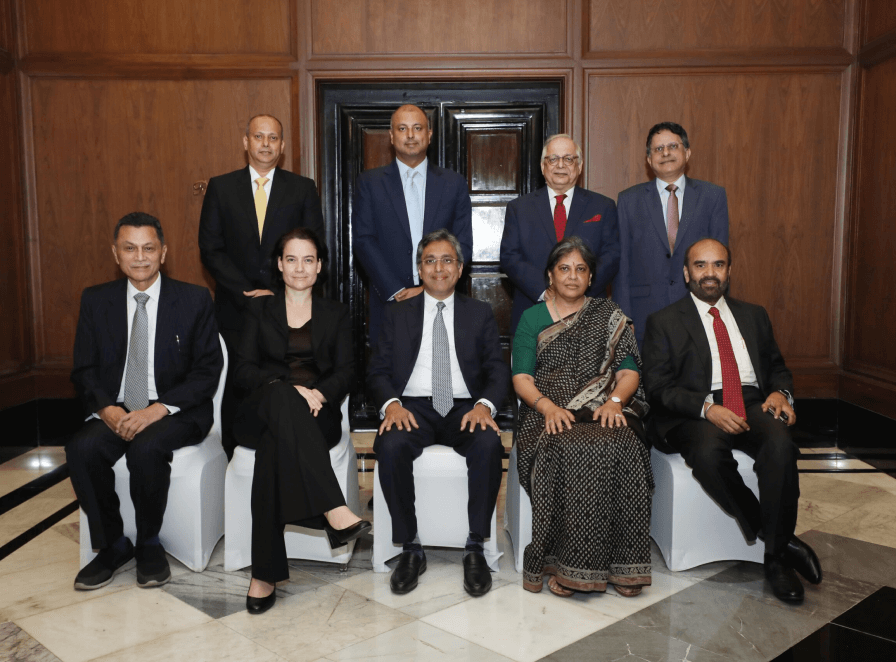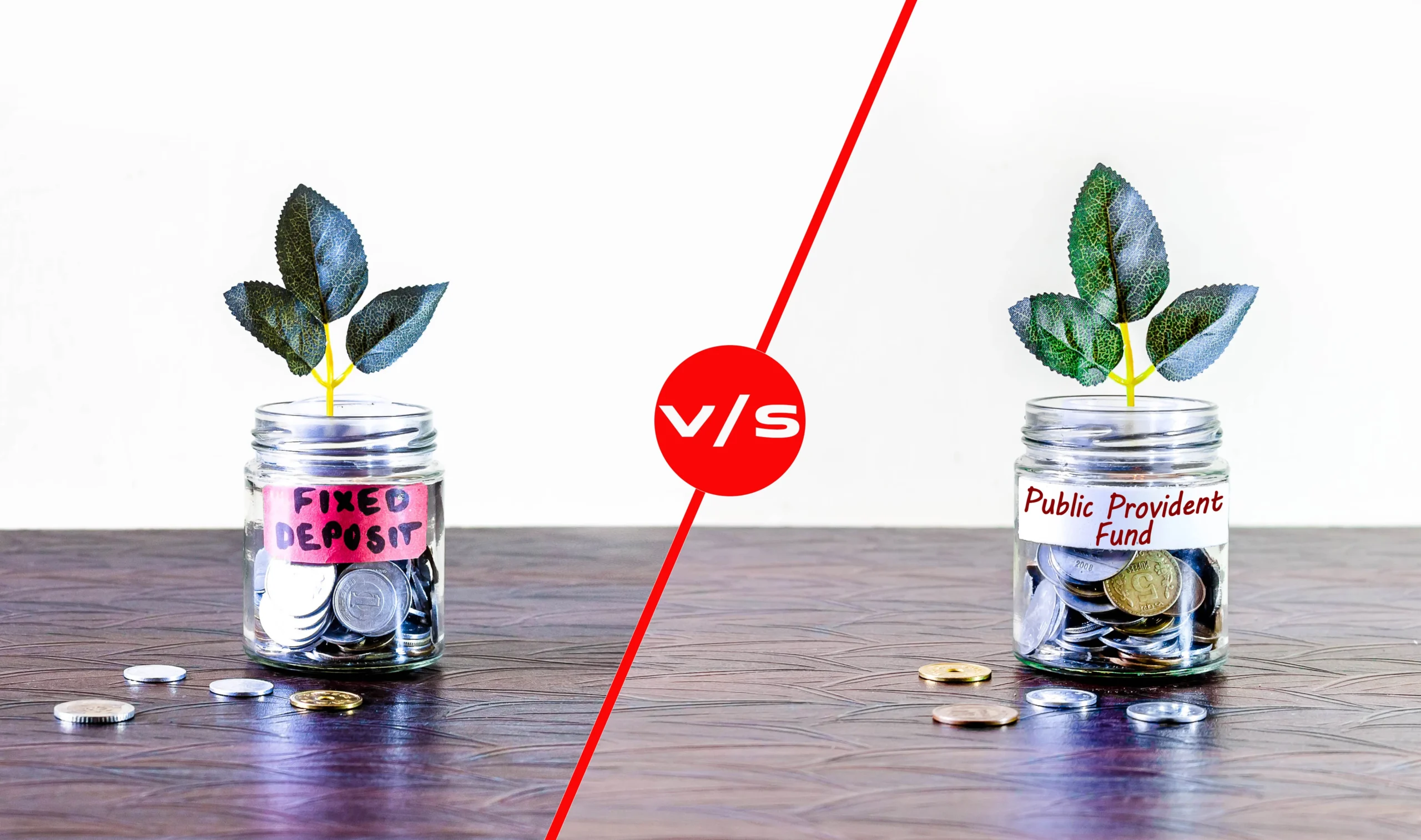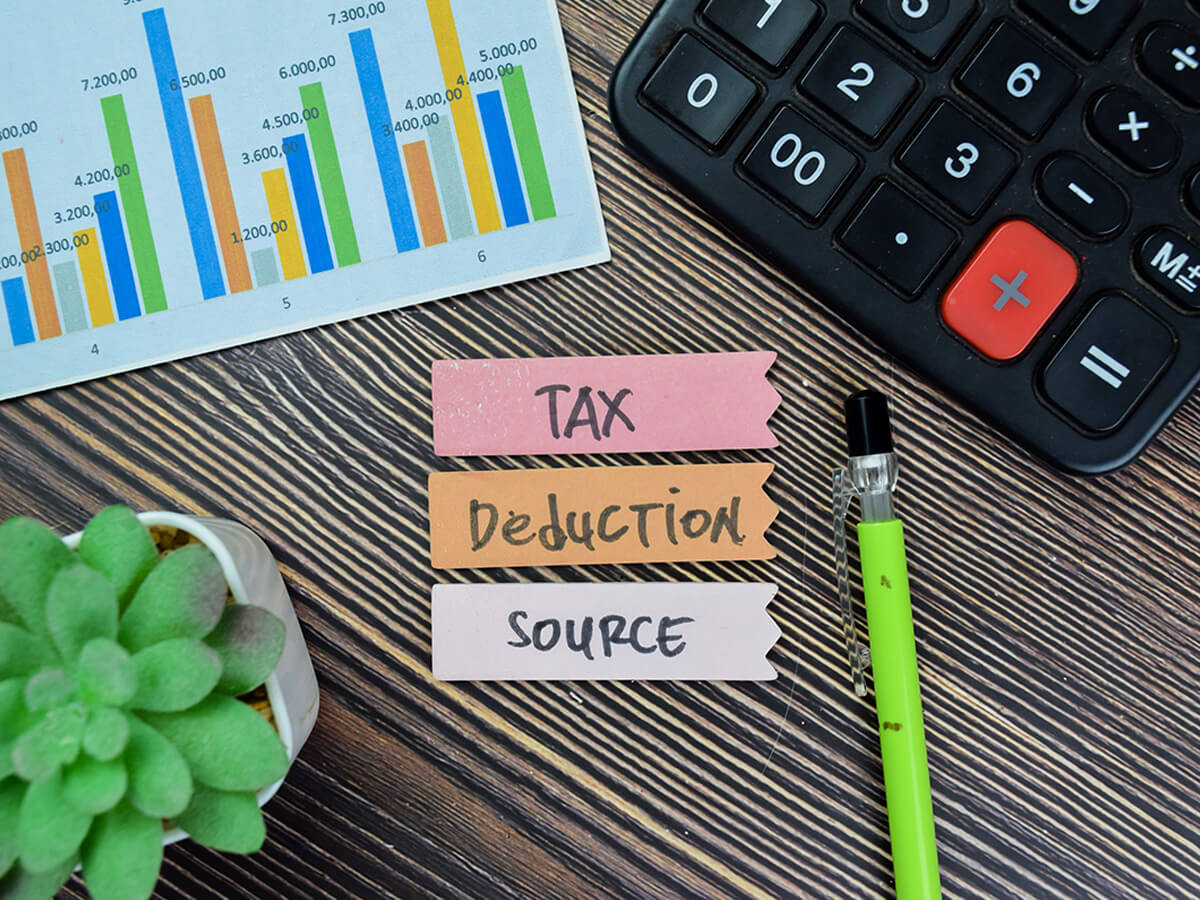Fixed or time deposits are a common and popular investment option in India. These deposits provide interest higher than a regular savings account and are less risky than other investment options like shares.
You may open a time deposit account without any inconvenience with minimal documentation. However, premature withdrawal before the due date results in the payment of a penalty. If you want to invest in high-interest deposits, here are seven tips to keep in mind:
1. Check various options
Different institutions offer varied interest rates on fixed deposits (FDs). It is recommended you check with various institutions to know the best rate available for your required tenure.
2. Split the capital
Based on the capital you want to invest, it is recommended you split the same among multiple FD schemes. Therefore, in case you require emergency funds, you may withdraw from one deposit while the balance deposits continue to earn returns.
3. Choose multiple tenures
The financial institutions link the interest rates to the repo rate. This means the FD rates may fluctuate during the tenure. This fluctuation may be countered by including multiple FDs with different tenures.
4. Determine the tax liability
The returns earned on your FD investments are liable to the tax based on your income slab. It is important that you determine the tax liability before you invest in high-interest fixed deposit schemes.
5. Tax-saving FDs
Several tax-saving FDs are available, which have a lock-in period of five years. However, you are not allowed to make any withdrawal before its maturity date. Therefore, if you want the flexibility to break your fixed deposit prior to the end of its tenure, it is recommended you do not invest in tax-saving FDs.
6. Premature withdrawal penalty
In most cases, if you withdraw the money from an FD before its due date, you may have to pay a penalty. Financial institutions may allow you partial or premature withdrawal to meet emergency fund requirements before maturity by levying a penalty. The total interest may also be affected in such cases.
7. Interest reinvestment
When you opt for this option, the interest is reinvested to your FD account. This allows you to earn higher returns through reinvestment. It is recommended you opt for this choice if you want to benefit from capital appreciation over the long-term.
FDs have been a popular investment option for decades. The low-risk and convenience of opening an account with the opportunity to earn good returns make these a popular financial choice.























































